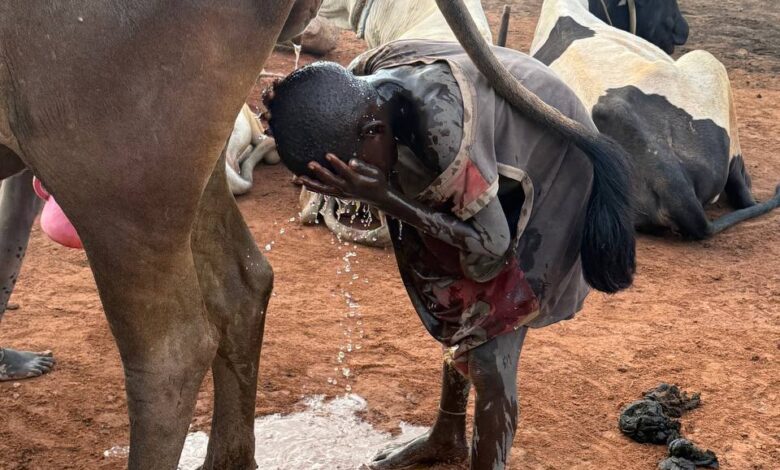
Summary
Some animals may drink their own urine due to instinct, survival needs, or behavioral issues. In the wild, this behavior—known as urophagia—can occur during extreme dehydration or water scarcity, helping the animal recycle fluids and salts. Certain species, like desert animals, may do this more frequently as an adaptive response. In domesticated animals, urine drinking can also be a sign of underlying health problems (like kidney disease or diabetes), mineral imbalances, or even boredom and stress. While occasional behavior might not be alarming, persistent urine consumption should be evaluated by a veterinarian.
Urine drinking in animals can be also linked to hormonal disorders such as diabetes mellitus, diabetes insipidus, or Cushing’s disease, which cause excessive thirst and urination. These imbalances lead to dehydration, prompting the animal to drink urine as a way to rehydrate. If this behavior is persistent, a veterinary check-up is essential to rule out underlying endocrine issues.

Why do cows drink their own urine?
What makes you think that they do?
Cows aren’t flexible enough to reach their own genitals. And while a lot compared to a humans’s capacity, a cow can’t really make much of a puddle. So Ignoring everything else, it would be quite challenging for a cow to consume any amount of their own urine. I’ve never seen a cow seek out a bucket or natural indentation in the ground for the purpose of urinating into it.
But sure, cows are curious. It’s not impossible that a cow would decide to investigate its own puddle or another cow’s urine as it’s flowing. Although I’ve never seen it happen.
Or maybe poorly fed cows somewhere are missing some nutrient that they can reclaim from their urine.
Slurry/Urine drinking in Cattle
Persistent drinking of slurry or urine (sometimes drunk directly from other animals) occurs mainly as a herd problem in calved cows wintered indoors or in yards. The problem is more aesthetic than economic, as general herd health and productivity is usually normal. However, as infected urine or slurry can spread infectious agents (such as TB, Salmonella, Leptospira, BVD etc), the vice is undesirable.
CAUSES
- The causes are largely unknown. Suggested causes include: metabolic disorders associated with high milk yield and low roughage intake (high quality silage (high DMD) and dairy ration); subclinical ketosis; subclinical acidosis (with craving for alkaline material); mineral deficiency (P, Mg, Na, trace-minerals).
- Investigation usually is futile. It has aspects of a learned vice, associated with boredom: once it starts, it usually spreads rapidly through the group. Poor yard drainage, or poor concrete (allowing pooling of effluent, slurry or urine) is usual. Otherwise, there appear to be few etiological factors in common.
- One can test blood and/or feed for mineral deficiency (Na, Cu, Co, P, Mg etc) but many cases investigated by us over the past 20 years have failed to confirm any specific deficiency as a main cause.
REMEDIAL ACTIONS: IDENTIFY AND CORRECT THE CAUSES
- If detected early (when only a few animals are affected), removal of the culprits to a separate area may prevent the vice from spreading to the rest of the group.
- Provision of extra roughage (some straw or hay) and 30% inclusion of pulp (beet- or citrus-) in the concentrate feed, improvement of yard drainage and resurfacing of pitted concrete occasionally helps.
- If blood or silage tests indicate Na, P, Mg or trace mineral deficiency, feeding of salt or a high-quality mineral (see below) may be tried. However, salt or high quality mineral mixes, even at high levels, often fail to control the problem.
It may be difficult or impossible to control slurry/urine drinking until the cows are let out to pasture, when it usually self-cures within days.
Why Do Some Animals Drink Their Urine? – FAQs
1. Is it normal?
Occasionally, but frequent urine drinking is not normal and may signal a problem.
2. What causes it?
Dehydration, hormonal issues (like diabetes), nutrient deficiencies, or stress.
3. Can it indicate illness?
Yes, it may be linked to conditions like diabetes, kidney disease, or Cushing’s.
4. Do wild animals do this?
Yes, in extreme conditions like drought for water conservation.
5. What should I do?
Provide clean water and consult a vet if it happens regularly.
Need Veterinary Help?
Have questions about animal health, management, diseases, or treatment? Our expert veterinary team is here to help!
📞 Consult Online: Contact Us
📧 Email: professionaldvm129@gmail.com
🌐 Website: www.veterinaryhub.info

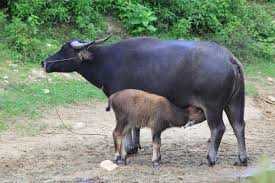
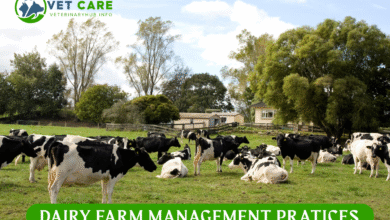
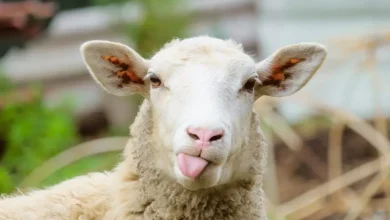
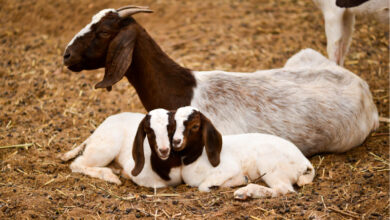
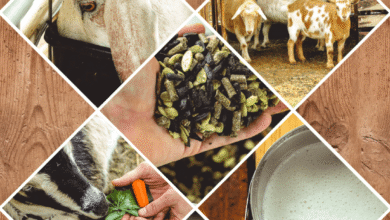
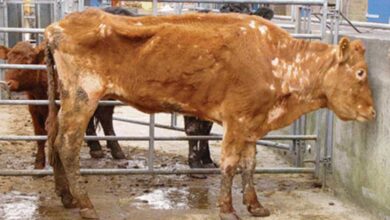
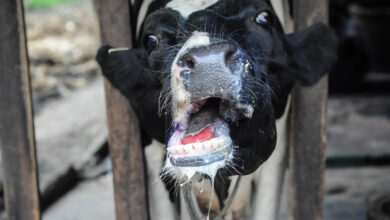
8e9kt8